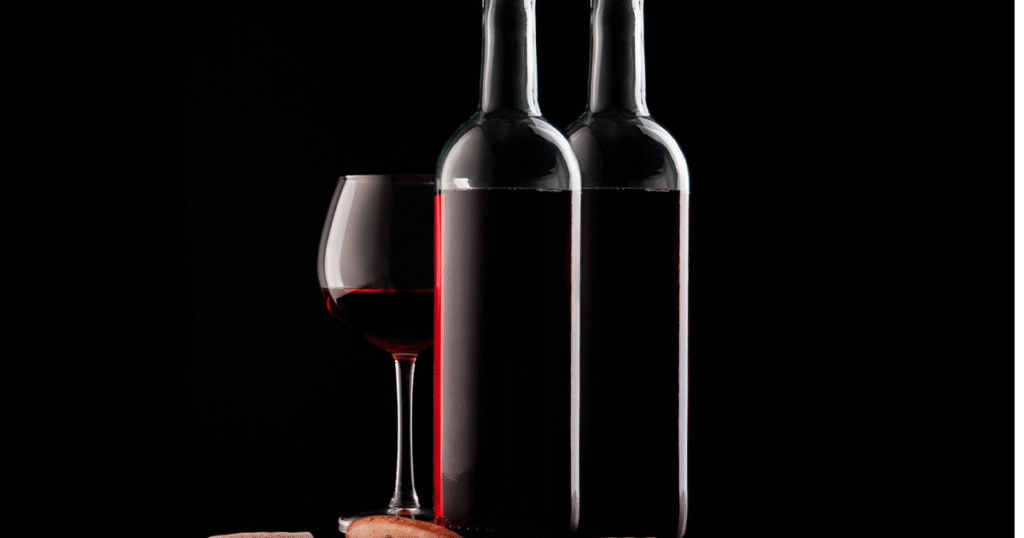When it comes to mental health treatment, antidepressants play a crucial role in managing conditions such as depression, anxiety, and mood disorders. However, one of the most pressing concerns many people face is whether it is safe to combine these medications with alcohol. Mixing the two can have serious consequences, not only on mental health but also on overall physical well-being. In this article, we explore in depth what really happens when alcohol and antidepressants interact inside the body.
Understanding Antidepressants and Their Function
Antidepressants are medications designed to regulate brain chemicals, primarily serotonin, norepinephrine, and dopamine, which influence mood, emotions, and behavior. Common types include:
- SSRIs (Selective Serotonin Reuptake Inhibitors) such as fluoxetine, sertraline, and escitalopram.
- SNRIs (Serotonin-Norepinephrine Reuptake Inhibitors) such as venlafaxine and duloxetine.
- Tricyclic Antidepressants (TCAs) such as amitriptyline and nortriptyline.
- MAOIs (Monoamine Oxidase Inhibitors) such as phenelzine and tranylcypromine.
Each type of antidepressant works differently, but they all aim to stabilize mood, reduce depressive symptoms, and improve overall mental functioning.
How Alcohol Affects the Brain and Body

Alcohol is a central nervous system depressant. When consumed, it slows brain function, impairs judgment, affects coordination, and alters mood. While moderate consumption may produce relaxation, excessive or frequent intake can trigger anxiety, irritability, memory problems, and long-term dependency.
Even on its own, alcohol can worsen mental health conditions, leading to mood swings, increased risk of self-harm, and sleep disturbances. When combined with antidepressants, the risks multiply.
The Dangerous Interactions Between Alcohol and Antidepressants
Mixing alcohol with antidepressants can create unpredictable and harmful effects. Some of the most concerning interactions include:
1. Increased Sedation and Drowsiness
Both alcohol and many antidepressants have sedative effects. When taken together, they can intensify drowsiness, dizziness, and impaired motor skills, making activities like driving or operating machinery extremely dangerous.
2. Reduced Effectiveness of Antidepressants
Alcohol can interfere with the therapeutic action of antidepressants. This means the medication may not work as effectively, leading to worsening depression or anxiety symptoms.
3. Heightened Risk of Overdose
Alcohol affects the liver’s ability to metabolize medications. This can cause antidepressant levels in the bloodstream to rise dangerously, leading to toxicity or overdose symptoms, including confusion, seizures, or even coma.
4. Increased Suicidal Thoughts
For individuals already struggling with depression, alcohol can amplify hopelessness and suicidal ideation. When combined with antidepressants, the emotional instability can become life-threatening.
5. Blood Pressure and Heart Complications
Certain antidepressants, such as MAOIs and TCAs, have strong interactions with alcohol. Combining them can lead to dangerous spikes in blood pressure, heart arrhythmias, or cardiovascular collapse.
Alcohol and Different Classes of Antidepressants
Alcohol with SSRIs (e.g., Prozac, Zoloft, Lexapro)
- Increased sedation
- Greater risk of gastrointestinal bleeding
- Lowered antidepressant effectiveness
Alcohol with SNRIs (e.g., Cymbalta, Effexor)
- Intensified drowsiness
- Worsening of liver strain
- Higher risk of hypertension
Alcohol with TCAs (e.g., Elavil, Pamelor)
- Extreme sedation
- Dangerous changes in blood pressure
- High risk of overdose
Alcohol with MAOIs (e.g., Nardil, Parnate)
- Potentially fatal hypertensive crisis
- Severe interactions with certain alcoholic beverages like red wine and beer (due to tyramine content)
Mental Health Consequences of Mixing Alcohol and Antidepressants
The psychological consequences of mixing alcohol and antidepressants are just as serious as the physical ones. Some of the most common mental health effects include:
- Worsening depression despite ongoing treatment.
- Increased anxiety and panic attacks.
- Memory lapses and confusion due to impaired brain chemistry.
- Greater risk of substance abuse disorder, as individuals may begin relying on alcohol as a coping mechanism.
Long-Term Risks of Mixing Alcohol with Antidepressants
The long-term consequences go beyond short-term sedation or mood swings. Persistent mixing can lead to:
- Liver damage due to excessive strain from metabolizing both substances.
- Cognitive decline, including memory issues and reduced concentration.
- Dependency on alcohol, which complicates mental health treatment.
- Resistance to antidepressant therapy, requiring higher doses or changes in medication.
Safer Alternatives and Recommendations
For those undergoing antidepressant treatment, medical professionals strongly advise avoiding alcohol altogether. However, if abstinence feels challenging, here are some safer strategies:
- Consult your doctor before drinking while on antidepressants.
- Limit alcohol intake to very occasional, small amounts.
- Stay hydrated to reduce liver strain and mitigate side effects.
- Monitor your mood closely after drinking to assess negative reactions.
In many cases, people find that eliminating alcohol improves their mental clarity, sleep, and overall response to antidepressants.
Conclusion
Mixing alcohol with antidepressants is a dangerous combination that can undermine treatment, worsen mental health, and put physical well-being at risk. While it may seem harmless to have a drink occasionally, the potential consequences are far more severe than many realize. Protecting mental health means prioritizing medication effectiveness, avoiding risky interactions, and choosing healthier coping mechanisms.


